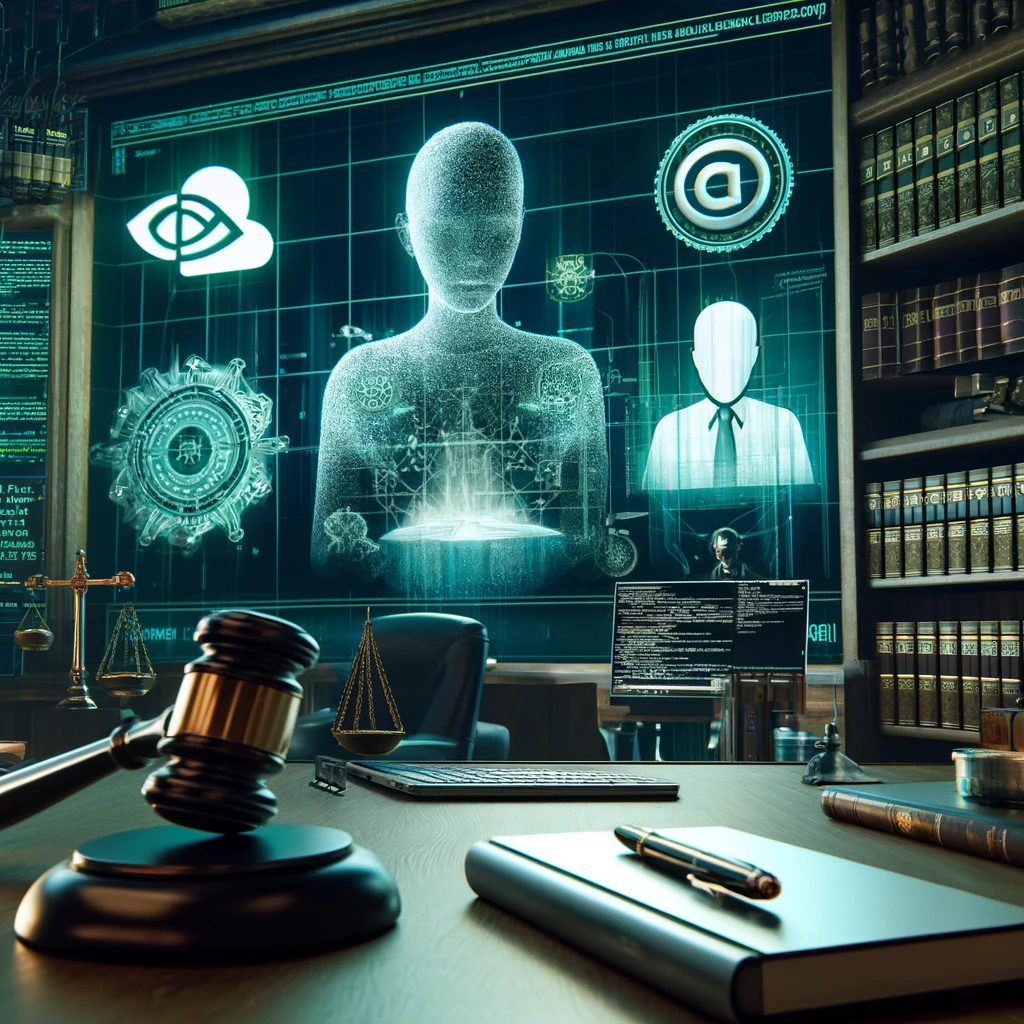Recently, a lawsuit filed by three American authors against Nvidia for copyright infringement has highlighted significant legal issues at the intersection of AI technology evolution and intellectual property law. This lawsuit is being watched as a case study on how generative AI tests the boundaries of copyright law.
Nvidia has used a wide range of books as data for its generative AI service ‘NeMo’. According to reports, 196,640 books were used as learning data, which included works by the suing authors. After this fact was revealed, Nvidia removed these books from their dataset; however, the authors are seeking damages for the infringements that have already occurred.
Nvidia’s actions provide important insights into how the company perceives and responds to copyright law. Particularly now, as AI-generated content is on the rise, how to respect and protect the rights of copyright holders remains a critical challenge.
This case underscores the legal risks and responsibilities that developers and users of generative AI must consider carefully. It sparks debate on how AI technology challenges copyright law and how it may evolve as a result.
With an increase in such lawsuits, it is important to observe how legal frameworks will respond. Meanwhile, AI development companies are required to strictly manage the sources of their data and, if necessary, obtain appropriate licenses.
Ultimately, this case could help define the legal status of generative AI and establish new standards for balancing the protection of intellectual property rights with technological innovation. The outcome could have implications for all industries that utilize AI technology in the future.
